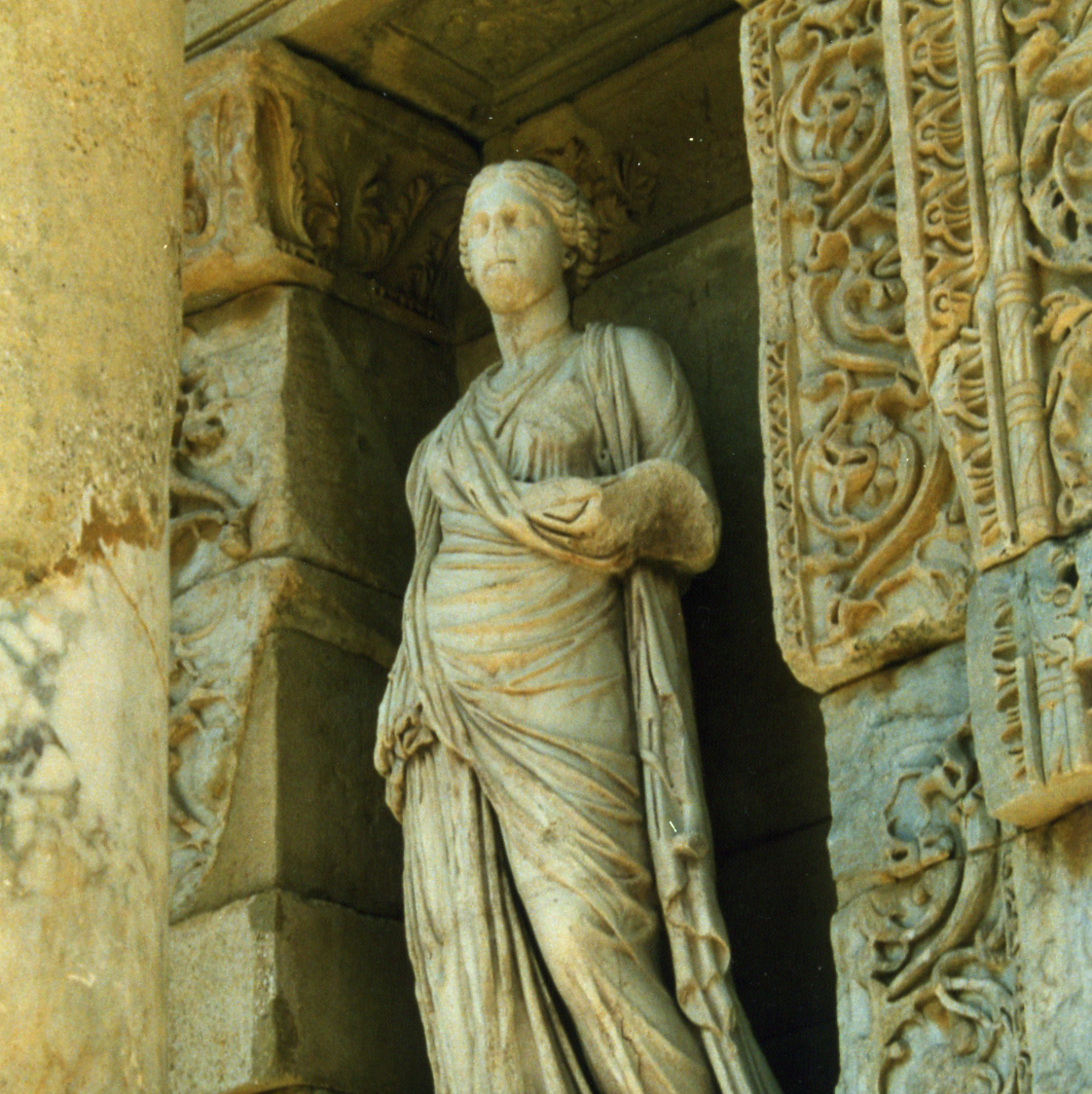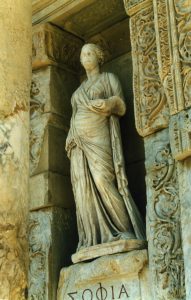The Guild of Pastoral Psychology

The Eternal Feminine Draws Us on High
Notice: Booking for this event will open during the 2025 Summer Conference
The Eternal Feminine Draws Us on High (Das Ewig-Weibliche zieht uns hinan): Jacob Boehme, Sophia and the Eternal Feminine

In Hellenistic philosophy and in Judeo-Christian theology the figure of Sophia is a personification of Divine Wisdom. More recently, in Orthodox theology a school of Sophiology has emerged, building on the work of late nineteenth and early twentieth century thinkers as Vladimir Solovyov, Pavel Florensky, and Sergei Bulgakov. But the figure of Sophia can also be found in the thought of Jacob Boehme, the 400th anniversary of whose death (in 1624) falls in 2024 while the 450th anniversary of his birth (in 1575) falls in 2025. So now seems a good time to consider the role of Sophia in one of the most significant mystics of the Reformation era — whose ideas influenced, among others, Johann Wolfgang von Goethe. In the conclusion to the Second Part of Faust, we are given a glimpse of the post-mortem world as imagined by medieval Catholic theology in which Faust — in striking contrast to the original legend — finds redemption. In the final lines of Goethe’s drama, we are told, “The Eternal Feminine / Draws us on high”; can this celebrated conclusion help us understand the dynamic by which Sophia shares her divine grace?
Image: Personification of Wisdom (Koinē Greek: Σοφία, Sophía) at the Library of Celsus in Ephesus (second century)